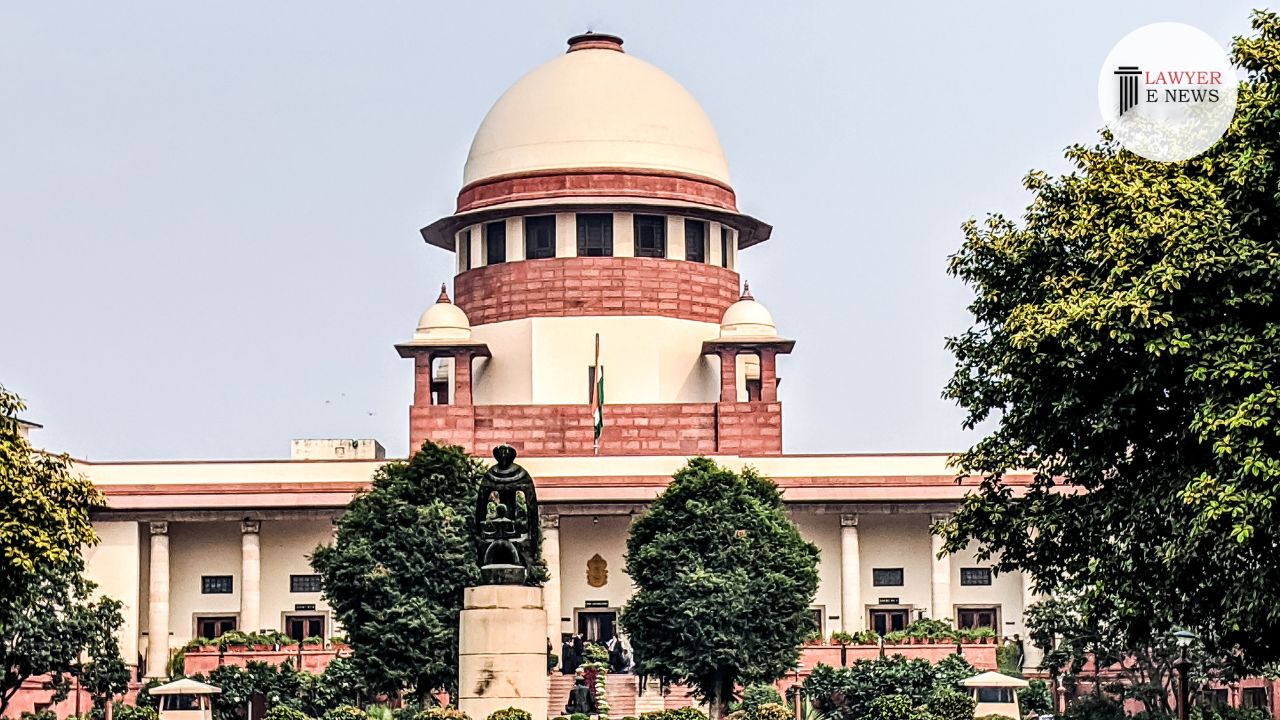-
by Admin
15 February 2026 5:35 AM



In a significant judgement delivered on 5th March, 2024, the Supreme Court of India dismissed a writ petition challenging a murder conviction based on the claim of juvenility at the time of the incident. The Bench comprising Justices B.R. Gavai and Sandeep Mehta ruled that the petitioner, Vinod Katara, was not a juvenile when the crime was committed in 1982.
The central legal issue revolved around determining the age of the petitioner, Vinod Katara, at the time of a murder committed on 10th September, 1982. Katara, convicted under Section 302 read with Section 34 of the Indian Penal Code, 1860, claimed he was around 15 years old at the time of the incident, seeking relief under the Juvenile Justice (Care and Protection of Children) Act, 2015.
Katara's age determination was pivotal in the case. A medical report and family register entries were scrutinized to ascertain his age. A Medical Board conducted an X-ray examination in 2021 and estimated Katara to be about 56 years old at that time, implying he was around 15 in 1982. However, the Sessions Court, upon examination, found Katara's date of birth to be 2nd July, 1960, making him a major at the time of the incident.
The Supreme Court, after a detailed inquiry and assessment, found discrepancies in Katara's claim. The school records were deemed more reliable for age determination under Section 94(2) of the JJ Act, overruling the medical opinion and the family register. The Court observed that "the estimation of age based on X-ray examination becomes uncertain after 25 years," thereby questioning the reliability of the medical report presented by Katara.
The apex court found no merit in Katara's petition based on the thorough inquiry and evidence presented. It upheld the decision that Katara was not a juvenile at the time of the incident and dismissed the writ petition.
Date of Decision: 5th March, 2024.
Vinod Katara Vs. State of U.P.
